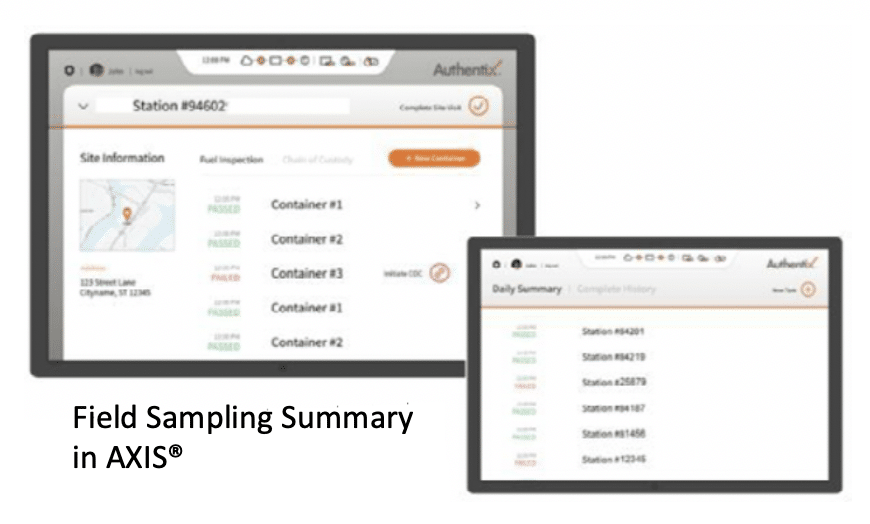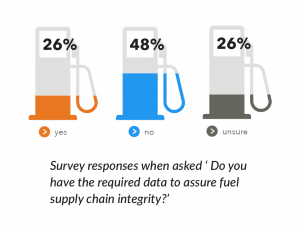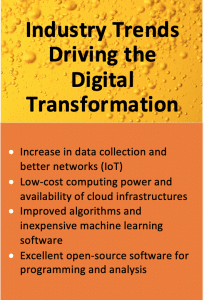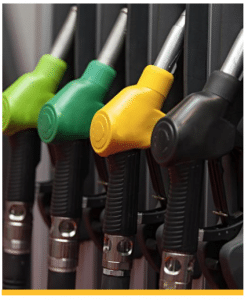The right brand protection solutions to protect your product.
 In a recent article produced for Beauty Packaging, we introduced the shift in implementing security features to protect your products. There has always been a struggle between brand owners and marketing on where to place a security feature: on-product/in-product or on-package/in-package. The article served as a reminder that today’s technology, combined with the
In a recent article produced for Beauty Packaging, we introduced the shift in implementing security features to protect your products. There has always been a struggle between brand owners and marketing on where to place a security feature: on-product/in-product or on-package/in-package. The article served as a reminder that today’s technology, combined with the
right domain experience in ink technologies and printing techniques, expands the concept of how to protect products against counterfeiters. It highlighted that different areas of the business, like the marketing team and packaging engineers,
can feel confident that selected security features will not interfere with the packaging aesthetics or production.
Our latest discussion focuses on what is readily available to you and what you can learn about your products to make better business decisions. Two questions you want to be able to answer:
- Do the benefits of including security features create a positive ROI for the company?
- Does anyone in the company know how to properly estimate the costs of product adulteration or fraud?
A risk assessment strategy will help answer the above questions by revealing critical data points associated with your high-value products. This assessment will lead to a brand protection solution that is right for you. With the right brand protection solution, you can really ascertain how much your bottom line is impacted by counterfeit activities.
Play defense by using a multilayered approach
At Authentix, we have discovered that the most effective way to protect your branded products is by utilizing a multilayered approach which provides a combination of security features (overt, covert, forensic, digital). This provides a masterful defense against counterfeiting efforts, as detection can be done quickly in the field and enforcement can be rapid—thus limiting the exposure and extent of a problem. Let’s review the various solutions by security feature.
Overt security – holograms, specialty inks, color-shifting inks—features you can see without devices. Well-known effects include:
- Tamper-evident poly seals, shrink sleeves and induction seals
- Secure holography with image shift on angular variables (OVD)
- Security inks such as color-shifting inks—also known as optically variable inks (OVI)
- Specialty substrates such as UV- or IR-emitting security fibers
- Digital QR or other visible code
- Substrate or ink tactile effects
- Security graphics / overt complexity (print effects/varnish plate anomalies, etc.)
The global economic value of counterfeiting and piracy could reach US$2.3 trillion by 2022.
(Source: International Chamber of Commerce).
Covert security – Ultraviolet inks [UV], infrared [IR] inks, invisible taggants embedded in substrates, and inks with other specialized markers—features you can see only with proprietary devices. These features include:
- Thermally or magnetically activated inks
- Pantographs or anti-copy features
- Visually discernable microtext
- Scrambled indicia
- Coin-reactive inks
Visible Digital Codes with hidden secure graphics covert solutions—features are invisible to the average person but detected upon inspection by a trained individual utilizing a specific device.
- Invisible security inks activated by illumination in invisible spectral wavelengths
- Hidden images or digital watermarks
- Micro taggants (machine readable or visible on high magnification)
- Hidden microtext or micro printing
- Marks in die-cut profile
- Deliberate mistakes in small printing fonts or other marks
Forensic – Molecular taggants, DNA, nanoparticle coatings—features only detectable with laboratory equipment.
- Forensic markers
- DNA-type inks for forensic examination
- Spectrographic signature analysis
Digital – A host of solutions, which can include the above, relating to numeric values or digital symbology that enable users to look up related product authentication data either via the internet or through a proprietary localized database.
Most highly secure overt and covert inks available today are compatible with essentially all conventional or digital printing, and applicable on most substrates such as labels, seals, closures, etc. They are also customizable in a variety of colors and coating types.
A winning appearance
Today’s anti-counterfeiting and brand protection technology advancements embody the aesthetic qualities for which your brand is recognized. Beyond maintaining an attractive package on the shelf, it is important to understand what authentication features will satisfy the key stakeholders within your organization. And how will you be able to detect counterfeiting in the field and enforce the law when needed? All of these factors need to be considered and prioritized when working through the various options.
We understand the challenges you face and can help identify and rapidly implement the product security that makes sense. Our 25 years of experience have helped us to design our many technologies to seamlessly integrate within existing ecosystems, such as packaging, printing, manufacturing and other production partners, with the primary goal of limited disruption to existing processes. Contact us to get started.




 social economic programs to seizing contraband. Compliance with the FCTC promotes these efforts, helps protect public health and welfare, and enables a safer market for legal tobacco products − and that’s good news
social economic programs to seizing contraband. Compliance with the FCTC promotes these efforts, helps protect public health and welfare, and enables a safer market for legal tobacco products − and that’s good news 



